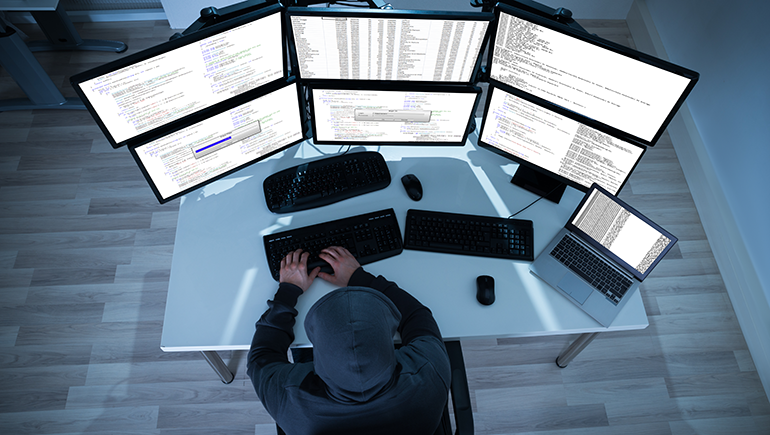Stay cyber secure: Protecting yourself from data breaches
At a glance (2 minute read)
- A major data breach in China is affecting nearly 1 billion residents.
- Protect your accounts by keeping separate passwords, using multifactor authentication, and staying vigilant against scam communications.

Earlier this week, a data breach in China exposed nearly 1 billion Chinese residents’ personal information to cybercriminals.
Skilled scammers and hackers can use this data for a variety of nefarious purposes, including further attacks to gain access to banking information, online store accounts, and more.
While you can’t always protect your data once you provide it to a third party like a trusted company or government, you can take steps to mitigate any damage done.
Lock down your accounts
In most data breaches, hackers can get access to usernames and passwords associated with your accounts. If one of your accounts is breached, and you use the same username and password for all your accounts, cybercriminals may now access any account you have.
The best way to prevent this is to use a unique username and password for each of your accounts. To help you manage these log in credentials, we suggest using a secure password manager like 1password.
Use MFA
Multifactor Authentication (MFA) is a setting used by many app providers and online services, such as financial institutions, that requires you to confirm your log in after entering your password. This is typically done through a text, phone call, or dedicated app. This can prevent a hacker from accessing your account even if they have your username and password.
Trust your gut
Cybercriminals use techniques called social engineering to convince you to give them log in credentials, personal information, and even money.
With data breaches, these criminals can sometimes leverage your personal information to seem more legitimate. They’ll sometimes attempt to impersonate your friends and family members.
When interacting with anyone unexpectedly online, be cautious and trust your gut. If someone asks for personal information or money, always verify that the person is who they say they are.


